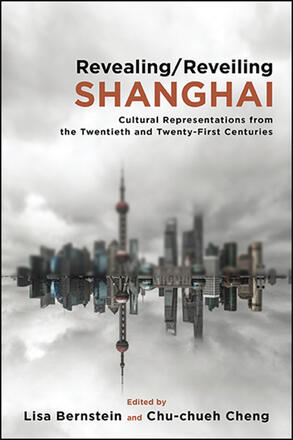
Revealing/Reveiling Shanghai
Cultural Representations from the Twentieth and Twenty-First Centuries
Alternative formats available from:
Examines Shanghai both as a real city and an imaginary locale, from diverse cultural and disciplinary perspectives.
Description
Revealing/Reveiling Shanghai provides international and interdisciplinary perspectives on representations of Shanghai, a contested location within political discourse and cultural imagination. Shanghai's complex history as a quasi-colonial city, and its contradictory identity as the birthplace of Communist China and the epitome of twenty-first-century capitalism, make it an especially fascinating subject. Contributors examine representations of Shanghai in film, art, literature, memoir, theater, and mass media from the past one hundred years. They address the ways in which texts from the late twentieth and early twenty-first centuries have rewritten past and present Shanghai to reflect our own wishes and anguishes, show how the city resists static interpretations, and challenge notions of authentic representation and identity. By revealing and questioning persistent stereotypes and constructed versions of East and West, the essays offer diverse views so as to create a genuine exchange with contemporary global audiences. A wide variety of texts are discussed, including the films Street Angel (1937) and The White Countess (2005), and the novels The Song of Everlasting Sorrow (1996) and Shanghai Baby (1999).
Lisa Bernstein teaches literature and women's studies at the University of Maryland University College and is the editor of (M)Othering the Nation: Constructing and Resisting National Allegories through the Maternal Body. Chu-chueh Cheng is Professor of English at National Chung Hsing University, Taiwan, and author of The Margin without Centre: Kazuo Ishiguro.
Reviews
"This book makes a significant contribution to the fields of urban geography, cosmopolitanism, and diaspora, and is particularly timely for China studies. Its chapters on literary and cinematic representations of Shanghai are a valuable contribution to studies of Chinese cultural forms." — John Thieme, author of Postcolonial Literary Geographies: Out of Place